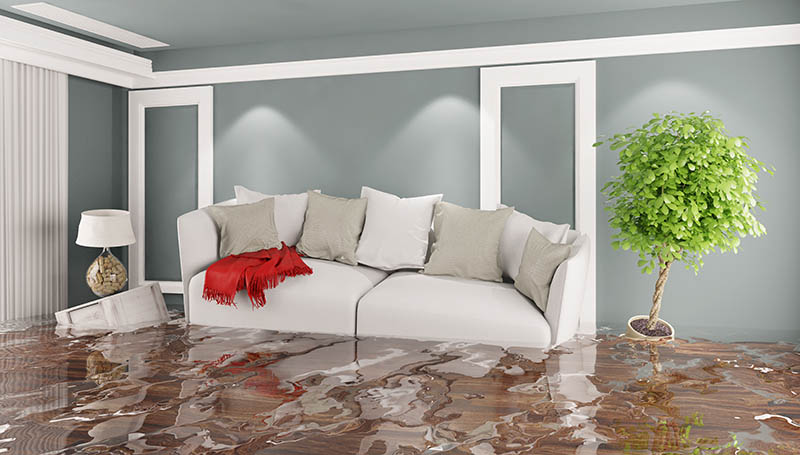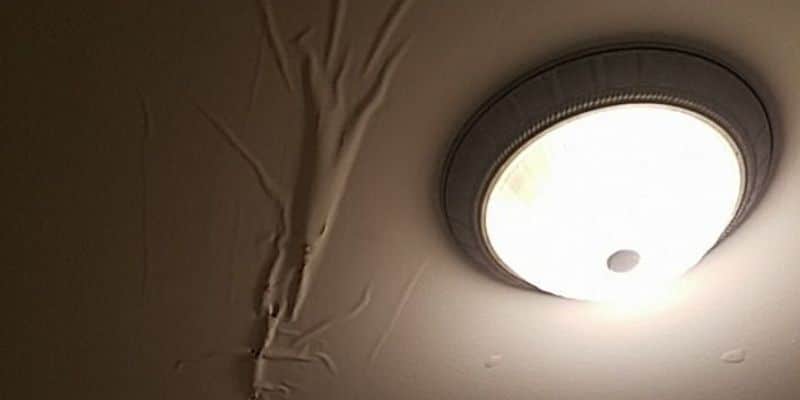How to Avoid the Six Most Common Water Leaks in Your Home
How to Avoid the Six Most Common Water Leaks in Your Home
Blog Article
Just how do you actually feel in relation to Most Common Causes of Leaky Pipes?

Leakages not only trigger waste of water but can also cause unneeded damages to your residence and also advertise unwanted organic development. Water leaks might go undetected because most of the pipework in our residence is concealed. By comprehending and looking for day-to-day scenarios that trigger leaks, you can shield your house from future leaks and also unneeded damages. Today, we will consider 6 leak creates that may be causing your pipes to trickle.
Intruding roots
The majority of water leaks begin outside the house rather than inside it. You could see wet spots or sinkholes in your backyard, as well as that could mean that tree roots are getting into water lines creating water to seep out.
Corroded water supply
As time passes by, your plumbing system ages as well as deterioration such as corrosion may start gnawing the pipelines. This might be the root cause of staining or warping on your water pipes. This requires an examination with your plumber right away. If our plumbing system is old, consider replacing the pipes considering that they are at a higher danger of deterioration than the more recent models.
Faulty Pipe Joints
The factor at which your pipelines attach is regularly the weakest web link in the waterline. Pipeline joints can wear away with time, resulting in water leaks. The bulk of pipeline joints are not conveniently noticeable. If you have loud pipes that make ticking or banging noises, especially when the hot water is turned on, your pipe joints are probably under a great deal of stress. It is a good idea to have your plumber evaluate your system annually.
Instant temperature adjustments.
Extreme temperature adjustments in our pipes can cause them to broaden as well as contract all of a sudden. This growth and tightening may create cracks in the pipelines, particularly if the temperature are listed below freezing.
Poor Water Connectors
Sometimes, a leak can be brought on by loose hoses as well as pipes that provide your appliances. More often than not, changing is what causes the loosened water Connections. You may find when it comes to a washing maker, a hose might spring a leak because of shaking during the spin cycle. In case of a water links leak, you might notice water running straight from the supply line or pools around your home appliances.
Blocked Drains
Obstructed drains may be annoying as well as inconveniencing, but they can often wind up causing an overflow causing break pipes. Keep getting rid of any type of products that might go down your drains pipes that can obstruct them to stay clear of such inconveniences.
All the above are sources of leakages but not all water leakages result from plumbing leaks; some leakages could come from roofing leakages. All leakages should be repaired right away to stay clear of water damage.
Leaks not only trigger waste of water yet can additionally cause unnecessary damage to your house as well as advertise undesirable natural growth. By understanding and looking for day-to-day scenarios that create leaks, you can safeguard your home from future leaks and unnecessary damage. Today, we will look at six leak triggers that may be triggering your pipes to leak.
At times, a leak can be triggered by loose hose pipes as well as pipes that supply your home appliances. In situation of a water connections leak, you may discover water running directly from the supply line or puddles around your appliances.
How To Check For Water Leak In Your Home
How To Check for Leaks
The average household's leaks can account for nearly 10,000 gallons of water wasted every year and ten percent of homes have leaks that waste 90 gallons or more per day. Common types of leaks found in the home are worn toilet flappers, dripping faucets, and other leaking valves. These types of leaks are often easy to fix, requiring only a few tools and hardware that can pay for themselves in water savings. Fixing easily corrected household water leaks can save homeowners about 10 percent on their water bills.
To check for leaks in your home, you first need to determine whether you're wasting water and then identify the source of the leak. Here are some tips for finding leaks:
Take a look at your water usage during a colder month, such as January or February. If a family of four exceeds 12,000 gallons per month, there are serious leaks.
Check your water meter before and after a two-hour period when no water is being used. If the meter changes at all, you probably have a leak.
Identify toilet leaks by placing a drop of food coloring in the toilet tank. If any color shows up in the bowl after 10 minutes, you have a leak. (Be sure to flush immediately after the experiment to avoid staining the tank.)
Examine faucet gaskets and pipe fittings for any water on the outside of the pipe to check for surface leaks.
Undetected water leaks can happen without the home or business owner even realizing. If you suspect a water leak, but not able to find the source. It is time to contact a professional water leak detection service, The Leak Doctor.
How To Find a Water Leak In Your Home
https://www.leakdoctor.com/blog/How-To-Check-For-Water-Leak-In-Your-Home_AE197.html

Do you appreciate reading up on How Fast Water Damage Can Ruin Your Home? Post a review below. We'd be glad to know your insights about this blog entry. We are looking forward to see you back again in the near future. Sharing is caring. You never know, you may very well be doing someone a favor. Many thanks for going through it.
Call Today Report this page